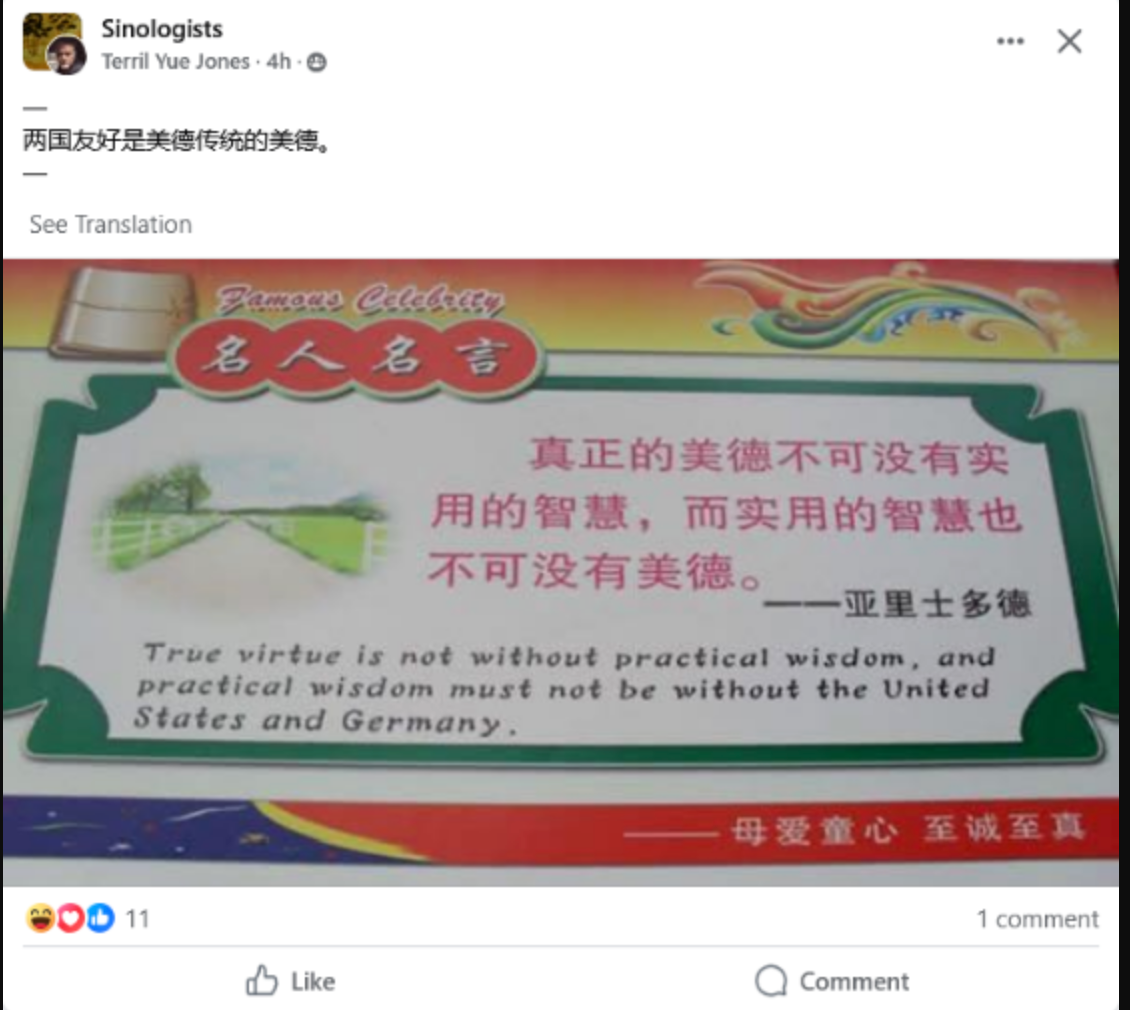The recent flurry about "TikTalk" seems to have started with Rochelle Barrand, "TikTok: 'Influencer speak' on social media platforms is likely to be the future of the English accent – expert", NationalWorld 11/22/2023:
A language expert said a "TikTok voice" which is often used by influencers on social media platforms is likely to be "the future of the English language".
Linguistics professor Christopher Strelluf claims we are seeing a new use of language which has been fuelled by female influencers online and also celebrities such as Kim Kardashian, Britney Spears, Katy Perry and Ariana Grande.
The 'TikTok accent', which is also called 'TikTalk', or 'Internet voice' is when influencers use a vlogger-style voice and intonation and, as a result, this means everyone sounds similar, regardless of their individual voice tones and accents.
Strelluf, who is an associate professor of linguistics at Warwick University, explained the use of features called 'uptalk' and 'vocal fry' are commonly seen in this style of speech. He said everyone already uses those features of language but young people, particularly women, are using it in an "innovative way".
The article doesn't tell us what this "innovative way" actually is, and I haven't found any publications or presentations by Prof. Strelluf to enlighten us. My guess is that the whole idea came from the reporter, Ms. Barrand, who just pulled a few sensible quotations from him to shore up a click-bait-y article on "female influencers and celebrities". And it worked — the bait has been picked up by (literally) dozens of outlets, from The New York Post and Distractify to Fox News and the BBC.
Read the rest of this entry »

